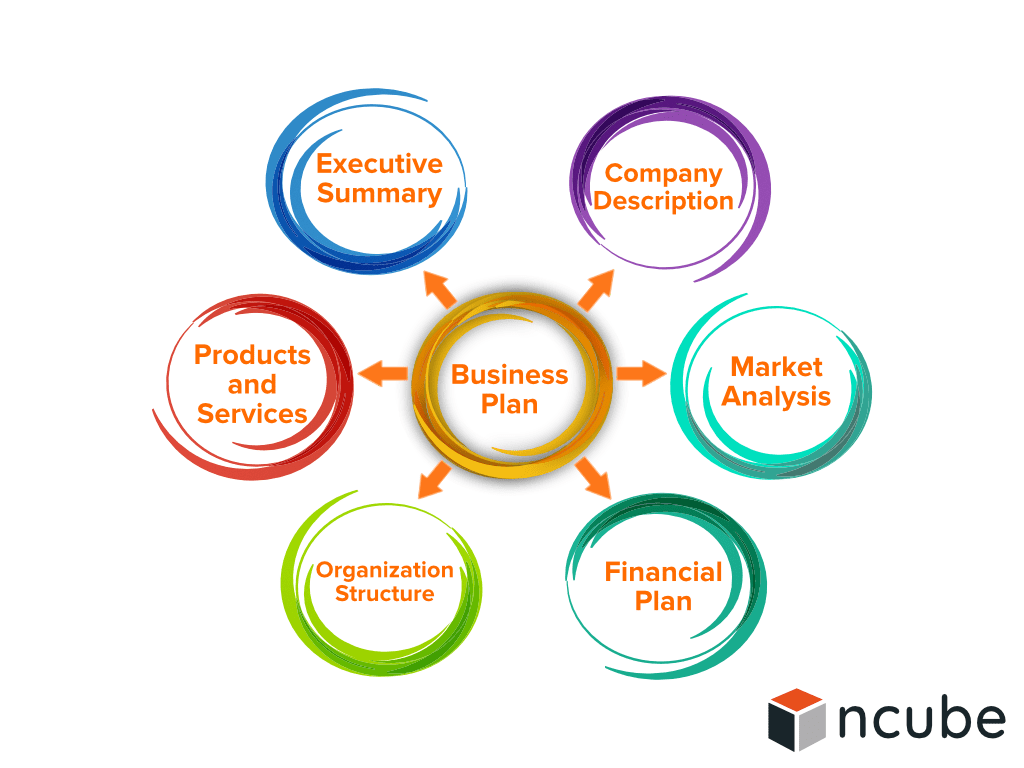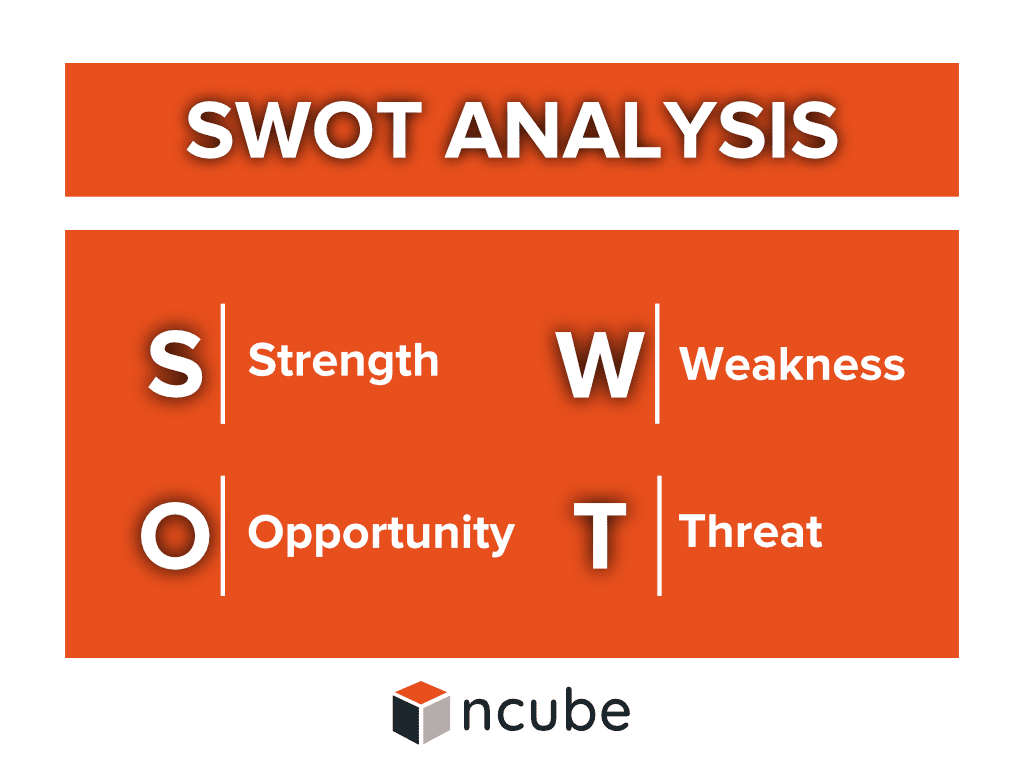
How to Write a Startup Business Plan That Will Secure Investment

You have a great idea. You are excited to breathe life into it. But where to start? Should you rent an office? Seek advice from consultants? Set up an LLC? You will do all of that, but later. First, you need to take time and write a business plan.
Whether it’s to secure a loan or investment or set the direction of your business, planning is essential.
A startup business plan is a document that shows where your business stands now and where it’s going. It keeps you on track, organized and focused.
Why is it important? According to the statistics, new businesses tend to go down in the course of five years. But it has also been proven that having a formal plan in place increases a venture’s chances of success up to 50%. Having a business plan for startups is absolutely necessary if you are going to secure a loan or acquire investment capital.

Take a look at a quick business plan overview. It has the following core sections:
- Executive summary – overview of your business
- Company description – your activities
- Products and services – products and services you sell
- Market analysis – investigation on your target audience, marketing, and competitors
- Organization and management team – your company structure
- Financial plan and projections – financial information, income projections
Why should you take your time to create a business plan? Because not only it will help you set your venture off to a good start by attracting investments, but it will also be your guide to sustainable growth in the future.
If you have a startup on the anvil but haven’t come across a good startup business plan template, this article will help you write one from scratch.
1. Write an Executive Summary
Goal: to create an emotional connection in order to get the investor to read your business plan or meet with you.
An executive summary is a preface of your business plan. It sums up your business plan in a concise document presented to investors, potential partners or when seeking loans or startup funding.
Given its significance, your executive summary can make or break your entire business plan.
While it should summarize the main points of an entire report, it also should be interesting enough. An ideal executive summary is short and written in an accurate and concise language.
The executive summary for a business plan should include:
- Business name, location
- Products and/or services offered
- Mission and vision, objective
Tips for writing an executive summary
There is no set template for an executive summary, but there are some guidelines to ensure your summary will draw the attention of investors.
- Define your main objective. When doing it, avoid ambiguity like saying “we are going to sell products online.” This statement won’t help investors understand your business better. Instead, tell about your products and services, and how they can help solve customers’ problems. Show that you care and explain why the world must see your product.
- Keep it real. Be sure the keep the balance of a sales pitch and your aspirations with realism in order to be convincing.
- Identify your unique value proposition. It’s important to explain what your company does, but it’s more important to cover the benefits you’ll bring to the clients as well as how your company stands out from the competition.
- Consider the tone of your executive summary. Make sure it is matched to the investor’s background. If you present it to different groups of people, you might want to tailor it to each audience.
- Keep in mind, an executive summary is exactly what it says on the tin, meaning it’s an overview. So it makes sense to write it after you have written a full business plan. Also, keep it short – no more than 5-10% in length of the whole document will do.
2. Draw up a company description
Write a general description of your startup
This section of a business plan briefly describes your company. Writing it will help you shape your business vision and draw the reader’s attention to key points of your business plan.
Type of business
Describe what your organization is going to produce or sell. Specify whether you are a service, merchandising, manufacturing, or another kind of business.
Location
Write a few words about your company’s location, including physical address and information about the area. Include information on the square footage of your office space you will occupy. Specify whether the place will be purchased or rented.
Management and employees
Investors pay a great deal of attention to the qualifications of the team behind the project. Thus, make sure to include bios of owners and team members. This will provide a glimpse into who is involved in the venture, their strengths and how their skills can increase the top line.
3. Write a marketing plan
Goal: to identify your particular niche so you can match your strategy to it.
Define your target audience
Clients are the backbone of your business. Obviously, it makes no sense to target everyone in the hope to sell. It’s important to define who your prospects are so you can match your marketing strategy to their needs. But how can you define who those prospects are? It can be a tough task, but these ideas might help you figure this out:
- Identify basic demographics such as age, gender, location.
- Analyze buyer personas and their purchase behavior in order to build your communication strategy.
- Segment your audience according to geographic, demographic and behavioral categories. The deeper research, the more specific your ideal customer profile will be.
After you’ve done your research, it might look like this:
- female
- ages 25 to 35
- residing in Chicago, IL
- with an annual income of $45,000-$60,000
- goes to the gym 2-3 times a week
Research your competition
Goal: to define your startups’ competitive advantage and market positioning.
Unless you’re inventing a new market, you won’t operate in it alone. Before you start a business, you need to conduct competitive research to create your unique selling proposition. This is impossible without analyzing and understanding your competitors.
Why is it important? Your rivals may provide the same products or services. Customers need a good reason to switch to your company. Differentiating yourself from the competition will let you provide that superior value to the customers and gain a competitive advantage. Be it lower prices or better quality – there’s a possibility to tap into a market for each.
In your competition analysis, you need to answer the following questions:
- Products and services and how they are sold
- Competitors’ pricing strategies
- What is each competitor’s market share?
- Who are their customers?
- What channels are they using to promote their products or services?
- Customer loyalty systems
- What are each competitor’s strengths and weaknesses?
After you have segmented your target market and analyzed your competition, time to think about your brand’s positioning and tailor a message that will resonate with each market.
Write a SWOT analysis
Goal: to develop and present your business strategy.

SWOT analysis (strengths and weaknesses, opportunities and threats) outlines external (SW) and internal (OT) conditions that can affect your business. It’s a useful tool for achieving success.
Identifying SWOT is important because the steps of the analysis will help you see your goals clearly. Here are four different factors analyzed in SWOT:
- Strengths: organization’s internal assets that will help you achieve success.
- Weakness: organization’s internal factors that prevent you from achieving success.
- Opportunities: external conditions that may reveal the possibility for profit.
- Threats: external conditions that can damage your business efficiency.
Presenting a SWOT analysis to investors shows that you are aware of the market situation as well as the risks it may face.
4. Finances
Goal: to prove that your business idea is viable in order to secure investment.
The most important part of your business plan is drafting your financial plan chapter. Investors will be reading it to see if your business idea is profitable.
Here are the points you need to cover in this section of your business plan:
- Startup launch cost
- Cash-flow projections
- Month-by-month budget for the 1st 12 months
- Pro forma income projections
- Break-even analysis
- Sources and uses of funds
- Exit strategy (optional)
A typical financial plan includes sales and income projections for the first 12 months. Apart from a budget for 12 months, investors may require financial projections for 3-5 years.
5. Your team
Goal: to inform the readers about your organization’s structure and show that your team is skilled and professional.
This section outlines the hierarchy of your company, its management, ownership board as well as internal and external resources like virtual teams. It’s clear who is in charge of specific people and departments.
The ownership structure is the legal structure of your organization. If it’s a small business, this part may be just one sentence. For larger companies, you will need to include the percentage of ownership and explain for the company will operate with investors.
That said, it’s best to avoid complex structures. Instead, explain who is in charge of what department. The competences of your team members are just important to the readers of your business plan as the structure. So be sure to include CVs and skills descriptions of your management board.
Afterword from NCube
If you want to set yourself up for success, you need to do your diligence and plan thoroughly.
Writing a business plan is hard work but it has to be done to secure funding and scale your startup.
We can say that to craft a decent startup plan, you need to have knowledge of marketing, finance and the art of writing itself. You need to show the profitability of your idea while being confident and sometimes creative.
After you’ve finished writing your technology startup business plan, one more important task is ahead: building a software engineering team. If you are seeking to offshore software development for your startup, NCube can build your team in Kiev, Ukraine. Let’s talk?
Recommended articles


